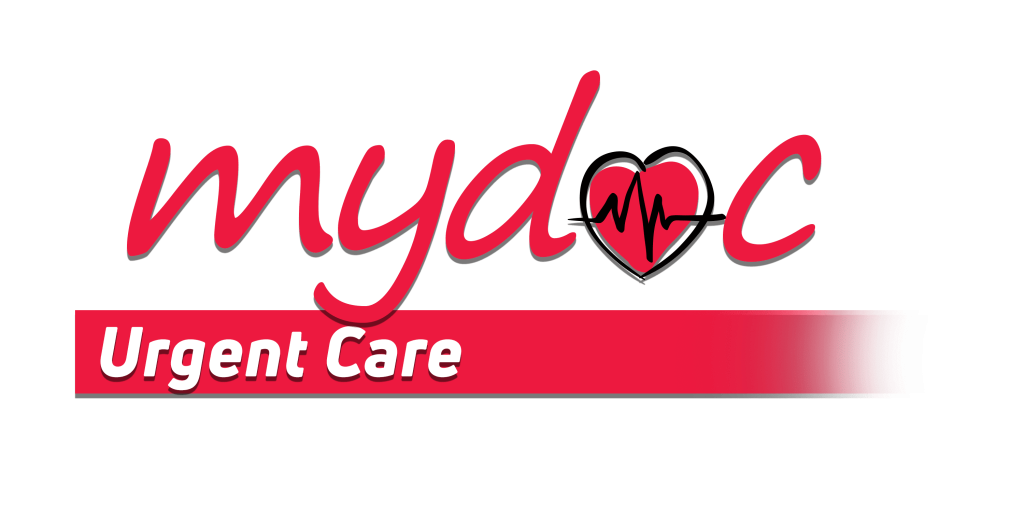Let’s get straight to the heart of it: When do you need to see a doctor for chest pain? There are many health problems that can lead to chest pain and most all of them warrant the attention of a medical provider, even if it’s just for peace of mind.
Our team here at mydoc Urgent Care has extensive experience helping patients get to the bottom of their chest pain. From heartburn to a heart attack, your chest pain is signaling a problem and you should pay heed.
Here’s a look at the many causes of chest pain and why this is one symptom you should never ignore.
Behind the chest pain
As we’ve mentioned, there are many possible reasons why you may be experiencing chest pain, and they cover several different areas of your physical and mental health. To give you an idea, here’s a quick look at some of the more common causes of chest pain:- Heartburn
- Heart attack
- Pericarditis
- Coronary artery disease
- Gallbladder issues
- Musculoskeletal problems (broken ribs, for example)
- Pulmonary embolism
- Collapsed lung
- Shingles
- Panic attacks
Defining chest pain
One of the keys to diagnosing your chest pain is to determine what type of chest pain you’re experiencing. While “chest pain” may seem obvious, the discomfort can present itself in many ways, such as :- Tightness or pressure in your chest
- Shortness of breath
- Searing pain that radiates to your back, neck, jaw, and shoulders
- Pain that comes and goes with activity
- Tenderness in your chest
- Pain when you breathe
Chest pain and your heart health
While movie images of someone clutching their chest while having a heart attack are certainly valid, heart-related chest pain can often be more subtle and signal a brewing problem. For example, if you experience chest pain when you engage in an activity, it could signal a blockage in your arteries. We review whether you have any other symptoms, such as dizziness, nausea, or fatigue that typically accompany heart disease or a heart attack. Once we have a clearer picture of the type, severity, and duration of your chest pain, we get to work through extensive testing to determine whether there’s a problem in your cardiovascular system. To do this, we turn to:- Blood work
- Chest X-ray
- Electrocardiogram
- Stress testing
- PET scan
- CT scan
SCHEDULE A CONSULTATION
